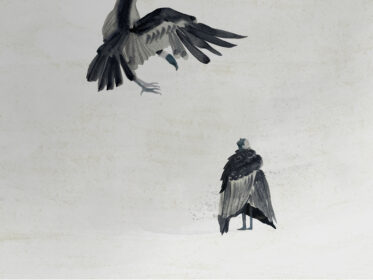
The Art of Doing Less
“Nature does not hurry, yet everything is accomplished.” – Lao Tzu
Through this journal, we are inviting you into a new way of thinking and doing, one which begins with questioning everything we take for granted. In particular, how we contribute – or think we contribute – to a better world. We will not have all the answers, but we want to ask better questions.
The questions we ask are not about the answers, nor are they about new ideas. There are enough ideas out there to reinvent the world several times over. As Audre Lorde said “there are no new ideas still waiting in the wings to save us… There are only old and forgotten ones, new combinations, extrapolations and recognitions from within ourselves – along with the renewed courage to try them out.”

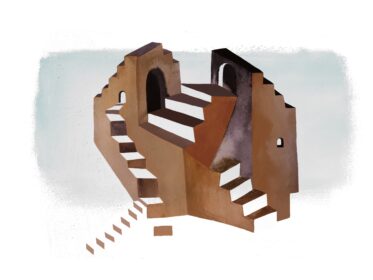
In this final piece in our series on the role of the artist – and our final piece for this year – we travel forwards. Our earlier pieces explored the artist’s role in helping us shape complex emotions, reveal truths, and contribute to democracy. In this piece, we explore the artist’s role in relation to the future – this is the artist as visionary.
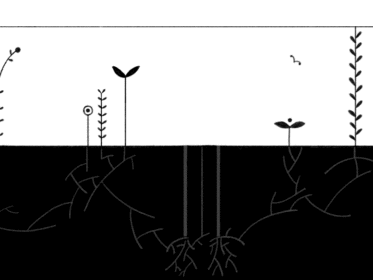
When an armed conflict breaks out, donors rush to respond to humanitarian needs. Funds are typically issued quickly and consequently, projects are developed quickly. But is rushed support based on people’s actual needs and priorities, or rather on the organisations’ and donors’ priorities?
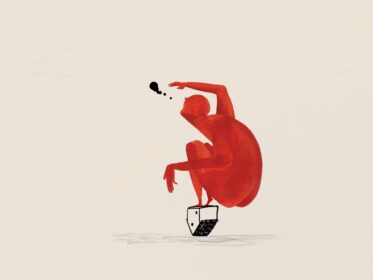
“From around the age of six, I had the habit of sketching from life… but nothing I did before the age of 70 was worthy of attention. At 73, I began to grasp the structures of birds and beasts, insects and fish, and of the way plants grow. If I go on trying, I will surely understand them still better by the time I am 86…”
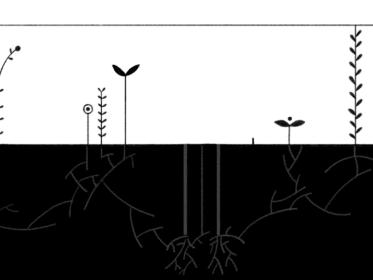
An invitation from Margaret Wheatley – How are you doing as the suffering of people and planet becomes more evident? When you feel grief, sadness, powerlessness, do you reach for hope to propel you into action? Are you afraid without hope or optimism that you’ll sink into despair and hopelessness?
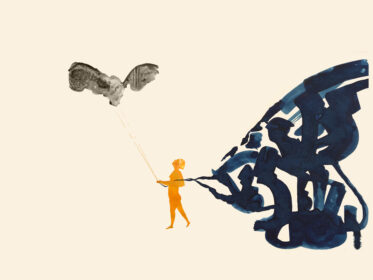
“Only the story can continue beyond the war and the warrior … It is the story, not the others, that saves our progeny from blundering like blind beggars into the spikes of the cactus fence. The story is our escort; without it, we are blind.”
– Chinua Achebe, Anthills of the Savannah
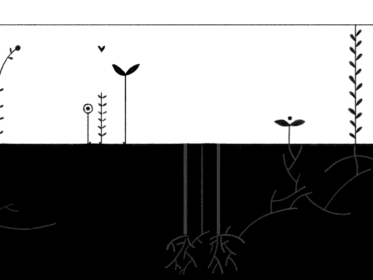
By Tessa Lewin –
It seems that despite the pandemic, and despite the very visible and multiple impacts of climate change, we have much to learn about interdependency – both with other people, and the natural world.
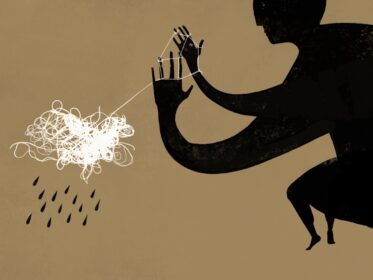
“Finally, at twelve-and-a-half, I went under the house and tried to speak poetry. I found out I did, indeed, have a voice. It was so important to me that it gave me a sense, always, of what it was to be an artist. As a young person, I knew then that to be an artist meant taking responsibility for the time one takes up and the space one occupies.”
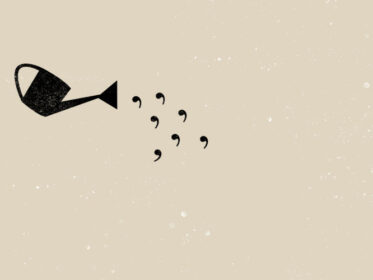
“Tunnel Talks” is a series designed to feature conversations with our supported residents and their art projects. Photographer Frederick Herrmann talks to us about ‘Do they really want to know how we feel?’ his project that discusses how climate anxiety and solastalgia impact young generations all over the world.
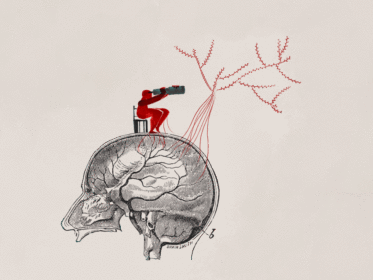
“Without the person of outspoken opinion … without the critic, without the visionary, without the nonconformist, any society of whatever degree of perfection must fall into decay. Its habits will inevitably become entrenched, tyrannical; its controls will become inaccessible to the ordinary citizen.” — Ben Shahn